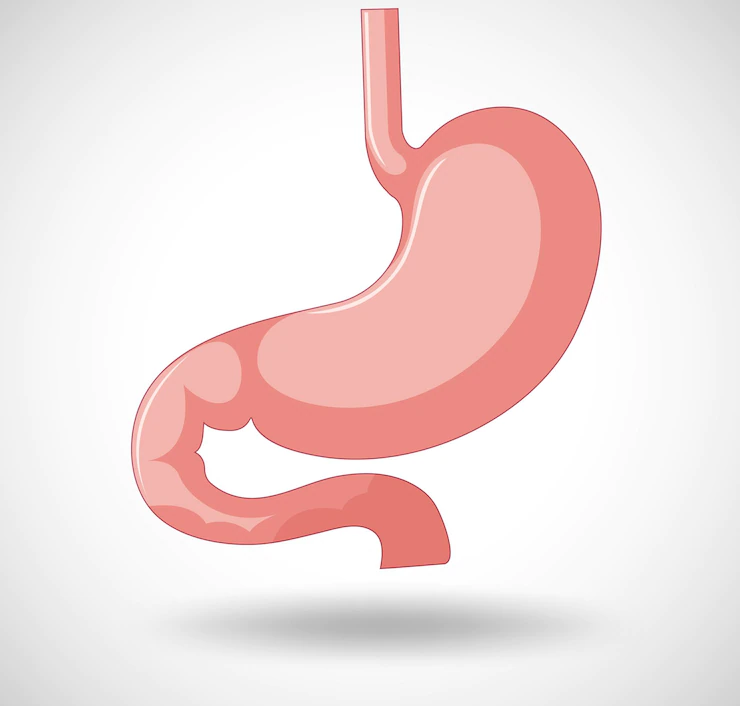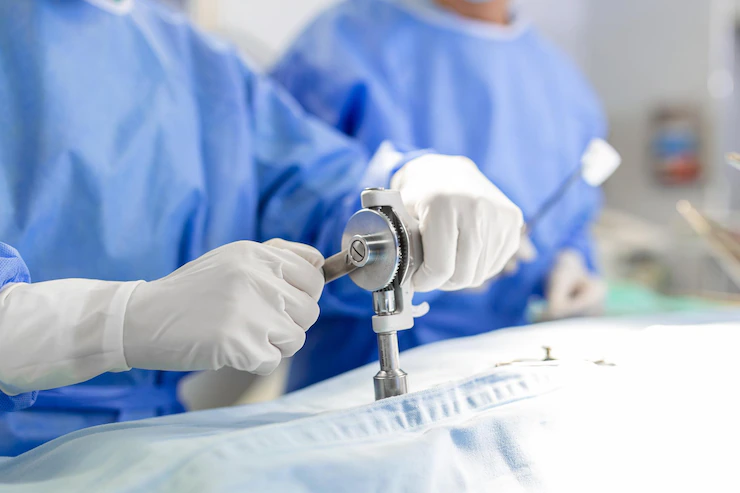Blood donation’ is a benevolent gesture of offering blood for patients in need. Every healthy individual 18–65 years of age can donate blood, about 7 ml per kg body weight, up to a maximum of 450 ml whole blood per donation. To ensure donor availability, some countries have lowered the donation age to 17 and allowed blood donation after 65 years of age, if all donor health criteria are fulfilled. The interval between two whole blood donations has to be at least 72 days. Voluntary nonremunerated blood donation is considered a cornerstone of blood safety and it is advocated and supported by many international bodies, such as World Health Organization, the International Federation of Red Cross and Red Crescent Societies, the International Federation of Blood Donor Organizations, and the International Society for Blood Transfusion
- Blood transfusion’ is a medical treatment in which donated blood (collected and prepared from a healthy person – a donor) is administered to the patient being treated, in the form of blood
- components, blood derivatives, or in rare and very specific situations as whole blood.
- Blood components’ result from the separation of collected whole blood through centrifugation at various speeds.
If you have type A blood, you cannot get either type B or AB red blood cells. If you have type B blood, you cannot get type A or AB red blood cells. If you have type AB blood, you can get transfusions of O, A, B, or AB red blood cells.
Patients should be under regular visual observation and, for every unit transfused, minimum monitoring should include: Pre-transfusion pulse (P), blood pressure (BP), temperature (T) and respiratory rate (RR). P, BP and T 15 minutes after start of transfusion – if significant change, check RR as well
A transfusion provides the part or parts of blood you need, with red blood cells being the most commonly transfused. You can also receive whole blood, which contains all the parts, but whole blood transfusions aren't common.

